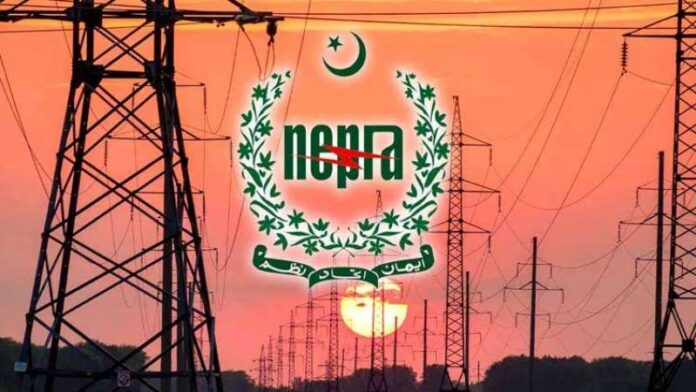ISLAMABAD: The National Electric Power Regulatory Authority (NEPRA) on Tuesday concluded public hearings on two key power sector pricing adjustments but deferred its final decisions, stating that detailed verdicts would be issued after further scrutiny and verification of the submitted data.
The regulator conducted back-to-back sessions at its headquarters—one on the third quarterly adjustment for fiscal year 2024-25 and the other on the monthly Fuel Charges Adjustment (FCA) for March 2025. Both hearings were chaired by the NEPRA Chairman and witnessed active participation from Central Power Purchasing Agency Guarantee Limited (CPPA-G) officials, business community representatives, Ministry of Energy officials, journalists, and members of the public.
During the quarterly adjustment hearing, power distribution companies (DISCOs) submitted a proposal seeking consumer relief amounting to Rs51.493 billion. If approved and applied over the next three months, this could translate to a reduction of approximately Rs1.50 per unit for consumers, according to CPPA-G.
NEPRA noted that the proposed quarterly relief would apply to all DISCO consumers, including those of K-Electric, but would exclude lifeline customers, pre-paid meter users, and electric vehicle charging stations. The authority expressed concern over the absence of senior officials from the Hyderabad Electric Supply Company (HESCO), Multan Electric Power Company (MEPCO), and Quetta Electric Supply Company (QESCO), and decided to seek formal explanations from the respective DISCOs.
Separately, during the FCA hearing for March, CPPA-G proposed a marginal reduction of three paisas per unit—marking the ninth consecutive month of proposed FCA cuts. This adjustment, if approved, would also exclude K-Electric consumers as well as lifeline, protected, pre-paid, and EV charging users.
However, officials warned that this relief may be short-lived. The General Manager of the National Power Control Centre (NPCC) highlighted the onset of summer and anticipated higher electricity prices due to lower hydropower generation and increased reliance on expensive imported fuels. CPPA-G CEO Rihan Akhtar echoed these concerns, warning of likely FCA hikes in the coming months.
Participants at the hearing raised several key concerns. Arif Bilwani requested clarity on the government’s long-term power generation strategy and the structure of the FCA. Amir Sheikh noted that while captive power plants were integrated into the national grid—freeing up indigenous gas and RLNG—these resources had not been reallocated to Independent Power Producers (IPPs) or the industrial sector, potentially denying industry stakeholders higher Fuel Price Adjustment (FPA) refunds.
According to data submitted by CPPA-G, total electricity generation in March 2025 stood at 8,409 GWh. Hydropower contributed 15.42% of the mix, local coal 16.57%, and imported coal 6.48%. Gas and RLNG-based generation made up 29.81%, while nuclear energy remained the leading low-cost source, accounting for 26.43%. Renewables—wind, solar, and bagasse—made modest contributions.
The total cost of generation for the month was Rs79.522 billion at an average cost of Rs9.4569 per kWh. After adjustments and transmission losses of 3.18%, the net cost of electricity delivered to DISCOs was Rs74.852 billion, or Rs9.2251 per kWh.
NEPRA confirmed that final decisions on both the March FCA and the third quarterly adjustment for FY2024-25 will be issued after comprehensive data verification and analysis.




